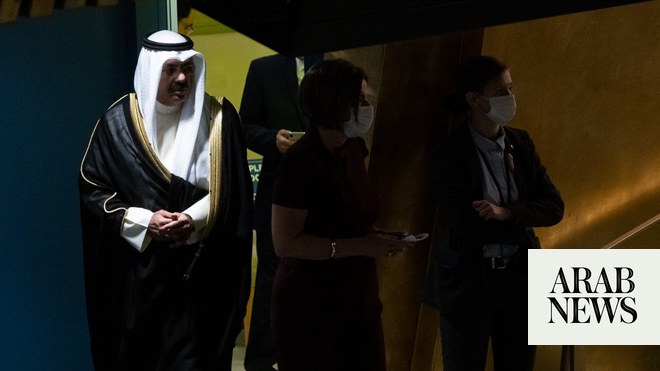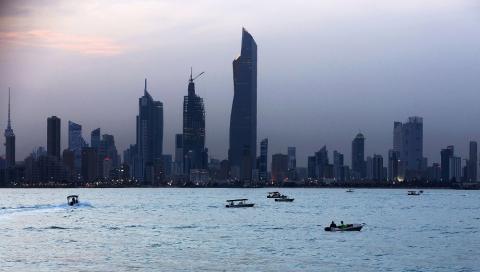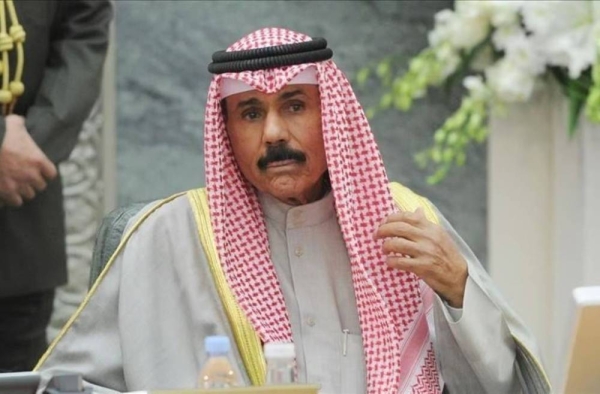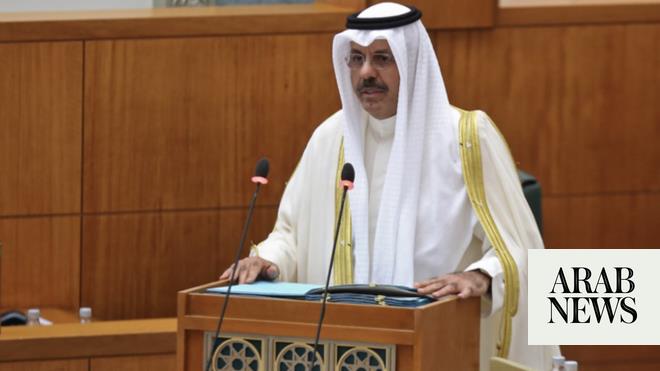
An Emiri decree was issued Wednesday appointing Sheikh Ahmed Nawaf Al-Ahmad Al-Sabah, the eldest son of Kuwait’s ruler, as prime minister of the State of Kuwait.
He is tasked with nominating members of the new Cabinet and refer their names to the Crown Prince to issue a decree for their appointment, Kuwait News Agency (KUNA) reported.
Sheikh Ahmed’s appointment as the new prime minister paves the way for parliament to be dissolved ahead of new elections in a country plagued by political wrangling.
He must now form a new government before the Emir Sheikh Nawaf Al-Ahmed Al-Sabah issues a decree disbanding the legislature.
The last council of ministers resigned in April to avert a push by elected lawmakers to unseat the Prime Minister Sheikh Sabah Al-Khaled Al-Sabah.
Two months later, the emir announced parliament would be dissolved as the standoff deepened a paralysis in policy making.
Sheikh Sabah had headed four Cabinets in the last two years, his tenure afflicted by increased opposition in parliament and corruption scandals, some allegedly involving high-ranking officials.
In a televised speech last month delivered by Crown Prince Sheikh Mishaal Al-Ahmed Al-Sabah, the emir warned that failure to break political deadlock could prompt more drastic measures.
While the 18 months since the last parliamentary elections have been among Kuwait’s most uncertain, political dysfunction has for years set back development, deterring foreign investment, thwarting fiscal reform and hindering efforts to diversify the oil-reliant economy.
Kuwait, an OPEC oil producer, held early elections on Sept. 29 after the Crown Prince, who has taken over most of the emir"s duties, dissolved parliament in a bid to end the standoff.
Sheikh Ahmad was first named prime minister in July after some opposition MPs staged an open-ended sit-in to press for a new premier.
While Kuwait"s leadership, following opposition demands, has moved to clamp down on perceived corruption, restructure some key institutions and grant amnesty to dissidents, key reform proposals such as a public debt law remain stalled.
The dissolved parliament had yet to approve the state budget for the fiscal year that started in April 2022.
The outgoing finance minister had said the government would continue to work according to the 2021/2022 budget and that the next one needed to be approved before November.
The 2022/2023 budget draft has set spending at 23.65 billion dinars ($77.24 billion) compared with 23.48 billion in the previous budget. — Agnecies










